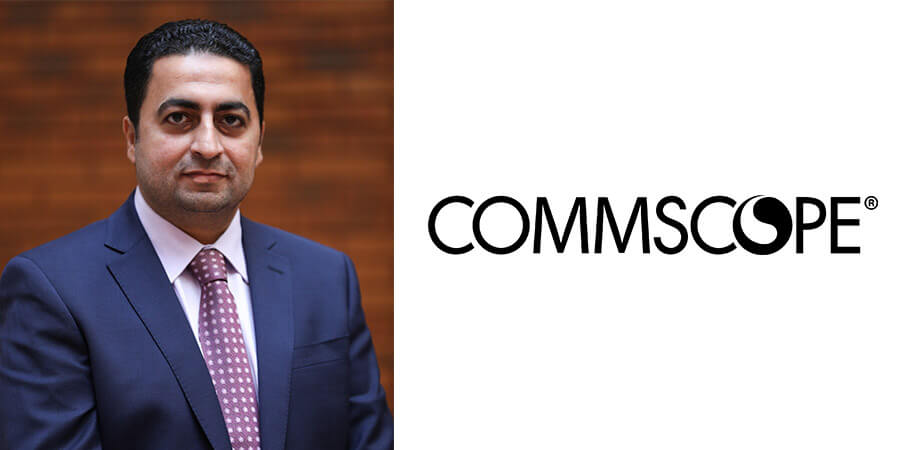The gap between what's technologically possible and how organizations are leveraging technology continues to grow. As the Middle East and Africa region reduces dependence on oil and diversifies revenue streams, investment in the digital economy is paving the way for a future of connectivity.
"Our customers across the Middle East and Africa are seeing an appetite for unlimited network capacity across healthcare, construction, tourism, high tech and education as people are creating more data today than we have in human history," said Ehab Kanary, vice president of Enterprise for the Middle East and Africa, CommScope. "Whether it's improving capacity, finding ways to decrease latency or creating connectivity, fibre is the foundation for networks in the future."
Below are three trends shaping the region's growing need for fibre:
Increased use of consumer technology is driving the need for bandwidth: The last few years have been game-changing with regards to video on demand for the UAE and the region. In addition to watching programs on their mobile devices, consumers are buying 4K televisions to stream internet-based programs which are including more local content. Revenues for virtual and augmented reality devices are expected to grow while smart home technologies like video security, front-door access and mood lighting are being developed to help consumers save money
Cities are being built from the ground up: The Middle East and Africa is driving innovation around the future of urbanism. Abu Dhabi and Dubai are among those cities seeking creative ways to use data to improve services and quality of life around healthcare, security, mobility, economic development and housing. Saudi is building four new cities by 2020, which means fibre can be laid everywhere without disruption to traffic and businesses. The UAE's Smart City project is uncovering ways to improve traffic and energy networks across the globe.
The region is focused on homegrown innovation:
The region's start up community is booming while entrepreneurs are creating Arab-specific mobile technologies which cater to education, logistics, design, finance and art, among other industries. Dubai's strategy to build the world's most advanced artificial intelligence ecosystem coupled with creative hubs like the Dubai Design District are underpinning digital transformation across industries.
During GITEX Technology Week 2018, CommScope will highlight its latest solutions to meet the continuous growth of bandwidth needs impacted by these trends:
Smart indoor technology that will take advantage of 5G: CommScope has enhanced its One-Cell C-RAN to define new levels of in-building wireless. Success in-building will become more critical for mobile operators as they seek to create value-added services for enterprises. Enabling enterprise services-from autonomous vehicles in factories to e-health services in hospitals-can become a key business opportunity for network operators.
Greater visibility into how the network connects to devices: The imVision automated infrastructure management (AIM) solution delivers a complete and up-to-date picture of the physical layer, as well as the location and connection map for all connected devices.
CommScope is responding to the impact of increased machine-to-machine communications: Deploying high-density fiber from the get-go to allow fast machine-to-machine conversations is the ideal scenario. A modular high-speed platform that can support multiple equipment generations is the best option.
Journalists are invited to learn more about these trends and technologies from CommScope's experts at stand SR C8 at GITEX Technology Week which is taking place in Dubai on October 14-18.











